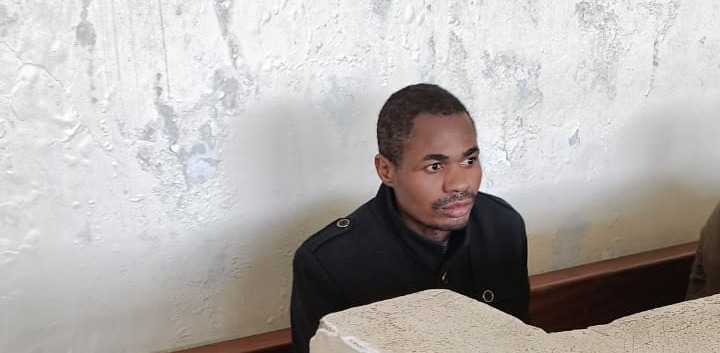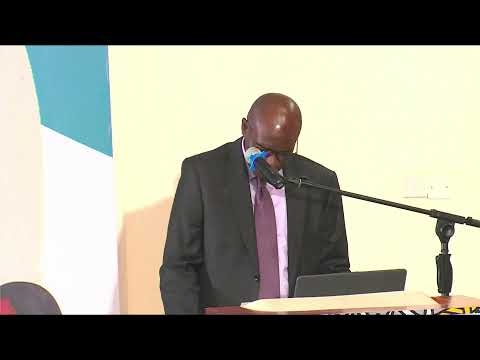
 Kennedy Kalombotole, the key suspect in the murder of a patient at Kenyatta National Hospital in court on July 24, 2025
Kennedy Kalombotole, the key suspect in the murder of a patient at Kenyatta National Hospital in court on July 24, 2025A twist in the Kenyatta National Hospital (KNH) murder case has occurred following concerns raised by one of the victims’ lawyers over the impartiality of KNH in conducting a mental assessment on the main suspect, Kennedy Kalombotole.
A new twist has emerged in the Kenyatta National Hospital (KNH) murder case after one of the victims’ lawyers raised concerns over the impartiality of the hospital in conducting a mental assessment on the main suspect, Kennedy Kalombotole.
The plea-taking of Kalombotole, accused of killing two patients at the facility, was on Thursday deferred once again after the High Court ordered a second mental assessment and directed that he remain in Nairobi Remand Prison pending a detailed psychiatric report.
Appearing before Justice Diana Kavedza at the Kibera High Court, lawyers representing the defence and victims disagreed on whether KNH was a suitable facility to evaluate the suspect’s mental condition.
The court heard that Kalombotole was already undergoing a second evaluation at KNH and that a formal report was pending. However, the victims’ side questioned whether the hospital could provide an impartial assessment since the alleged offences occurred within its premises.
Lawyer James Dennis Maina, representing one of the victims, told the court that KNH was an interested party in the matter and might not be the best institution to determine the suspect’s mental state.
“It is perhaps not the best institution to guide the court on the wellness of the accused, considering the offence was allegedly committed there,” said Maina.
Kalombotole’s lawyer, Philip Maiyo, however, dismissed the concerns, saying it was ironic that the victims were the ones questioning the hospital’s neutrality. He argued that if there were any doubts about fairness, the concern should come from the defence, not the victims.
Justice Kavedza agreed, dismissing suggestions of bias and urging respect for professional integrity. She said KNH doctors were among the most qualified specialists in the country and that questioning their impartiality without evidence would undermine confidence in expert institutions.
“Are you trying to say that if I commit an offence, you would not trust any other judge to try me?” she asked.
“Let’s respect professionals. If you, however, disagree with their report, we will send him to Mathari National Teaching and Referral Hospital. But for now, let’s wait for the report and see if it shows any bias or impartiality.”
The judge further noted that mental assessment is a continuous process that does not necessarily halt plea-taking, as an accused person’s condition can be reviewed at any stage of the trial.
Justice Kavedza also directed that prison authorities facilitate a private doctor to access the suspect at Nairobi Remand Prison for an independent mental examination, following defence concerns over the earlier report that declared him fit to stand trial.
She further ordered a separate medical report to determine whether Kalombotole suffers from seizures or epileptic attacks and to provide details of his treatment.
However, the judge declined a request to have the suspect temporarily released for the examination, saying arrangements would be made for the assessment within the prison.
“A place will be prepared for the examination within the prison, where medics are available,” she said.
The court ordered that Kalombotole be produced in court on November 13, 2025, for further directions once the KNH report and any independent assessments are submitted.













